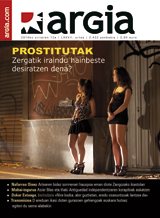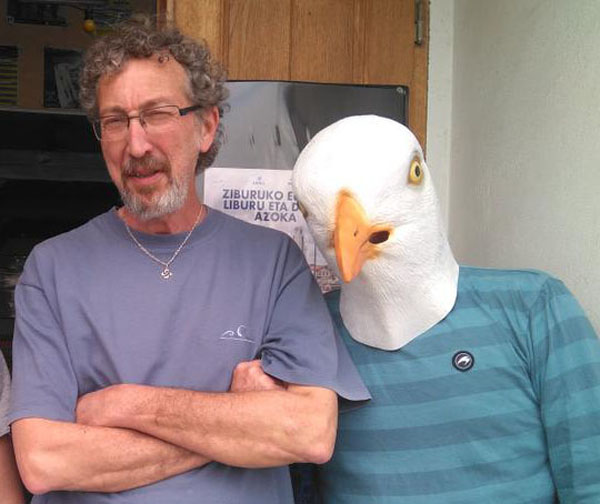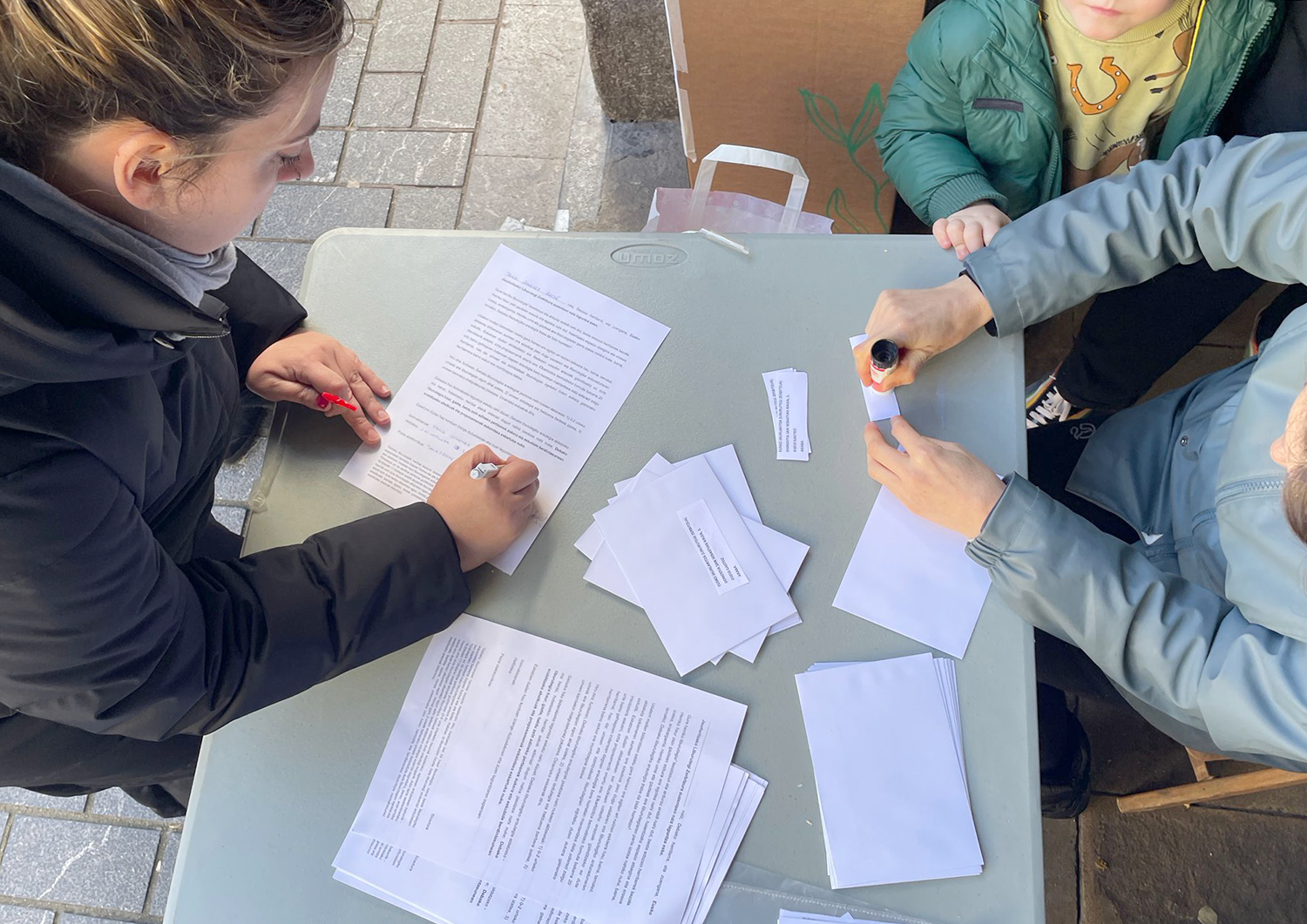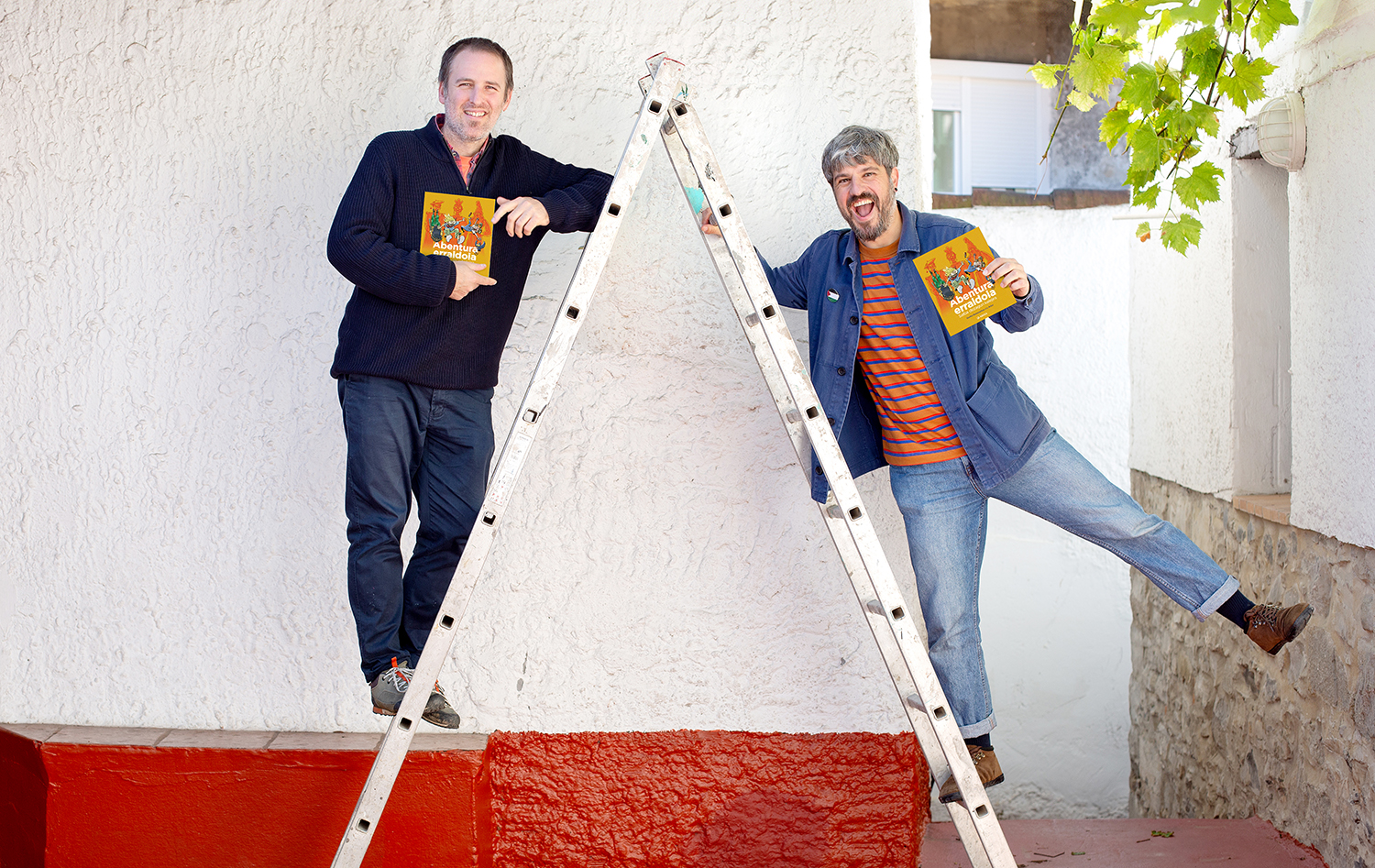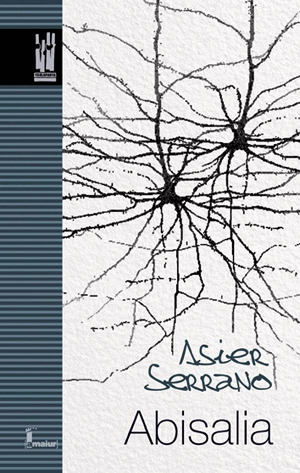
Abisalia is an oneiric world painted with words. An eclectic book that opens the doors to the obsessions of Asier Serrano and that, in turn, tends the hand for the trip descends his ad inferos. He has often been asked whether this is a book of poems or stories; although this universe of 80 short chapters is presented in the form of a story, in the writing the imprint of the poet Serrano is evident. We perceive each section as a piece of micro painted in a painting and gradually they will create a greater physical presence.
This fog of the unconscious suggests a collective artistic world, or it's been my impression. In a way, we can meet Serrano in a work by Dalí. As I was crossing Abisalia, the painting of the watches painted by Dalí in 1931 came to my head. T. S. I've seen Eliot at the Abisalia Zoo talking to the monkeys Adam and Eve. He said he had come to the red city, fleeing his Waste Land (1922), in a zebra. Cain seemed glad he hadn't killed Abel. Moving on, it seemed to me that I came to In The Country of Last Things (1987) from Auster. It was a momentary sensation, which was erased when I entered into the reflections on blindness with José Saramago.
In a more personal imaginary, Abisalia is a refuge for the salvation of our species; on Sunday morning of the 21st century “the universe that we are going to fertilize under the sheets” (p.8), which is out of time. With the last flood, “they had no time to decipher the same word time” (p. 20). The sun that was born in Abisalia sees the visitor “the huge grape that was about to burst, suspended in an imbalance in the violet and violet sky” (p. 97). Lubam Street, located in the Kram district, is the only toponym that exists among the “unnamed impossible enclosed streets” (p. 60).
We also have those who live in the universe of Abisalia. For example, Lucio Dalio Tango, also called the Ruiseñor del barrio de Kram and who has nightmares with master Rialdo Koddel. Dr. Emilard, a blind woman, Lorelei, lovers, twin monkeys, governor, guest, etc. Everyone has their own story, but within your grasp, reader, get into their most intimate world.
The parts are short, but not legible in any way. You have to offer each one a quiet digestion, chewing well. When the dimension of the unconscious is free, we can enter the distorted world that has drunk from reality, into the world of dreams to interpret. In a word, in Abisalia.
Party and recreation. Oral History of Rock Radical Vasco
Javier 'Jerry' Corral
Books, 2025
------------------------------------------------
Javier Corral ‘Jerry’ was a student of the first Journalism Promotion of the UPV, along with many other well-known names who have... [+]









